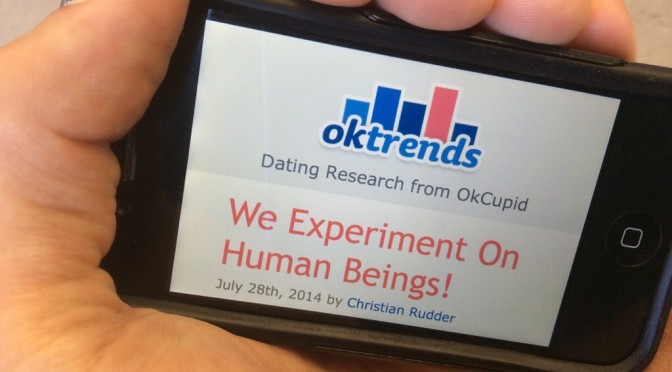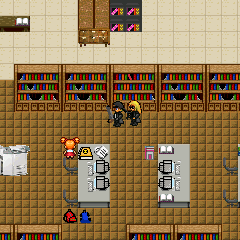Last night I watched “Million Dollar Baby”. In case you haven’t seen the show, let me just give you a spoiler alert! The theme of this post pretty much gives away the ending.
It was a gripping show and it left me feeling sad but I’m glad I saw it.
After watching the movie, I started to think about my own opinion on euthanasia. I wish I knew more about the laws in Canada so I would know what is the exact nature of the law here, but as far as I know euthanasia is pretty much completely illegal.
I read an article about a month ago in Macleans Magazine that illuminated the fact that in the Netherlands and Belgium euthanasia and assisted suicide are legal. (I was reading it while getting my oil changed and there was more than one article that I never had a chance to finish.)
When my grandmother became sick and was no longer able to remember us, it was a hard fact to face that her life had lost its purpose. She no longer appeared to find joy in anything, but just existed. When she finally came to the end of her life, my family decided not to go to “extreme measures” to save her. I never felt good about it, but there comes a time when continued attempts to postpone death are not compassionate. My family’s decision was to neither end her life early nor extend it beyond reason. Instead we waited for my grandmother’s “natural” death. Her suffering was probably terrible but less in a physical sense than a mental one.
But what about situations where death’s release does not come for someone’s extreme physical suffering? What if, hypothetically speaking, you were put in a situation where a loved one was not only terminally ill but also in tremendous pain?
Or, hypothetically if you were not directly involved, what would you do if someone told you how a member of their immediate family had been suffering from an extreme case of cancer and that in order to stop the suffering, they took matters into their own hands and secretly ended that person’s life?
I agree in principle that Canadian law should be changed to allow assisted suicides and euthanasia under very strict guidelines. It should be doctors or the actual patients themselves fulfilling this task and only when a combination of long-term pain with no hope of recovery are in sight. It’s a slippery slope – I agree, but nevertheless there are situations that call for it. Our current laws sometimes leave people feeling forced into the extreme measures of my hypothetical situations above.
Would you take matters into your own hands? Or in the second situation would you report the person to the authorities? Would you feel guilty about knowing what they did was technically a crime but just think to yourself that the means justify the ends? Would you worry that by not reporting this incident you are (in a way) becoming an accomplice to what the law equates with pre-meditated murder? What if the person ending the other person’s life were a family member, would it make you change your decision?
Million Dollar Baby’s plot is setup in such a way that once Maggie is paralysed, as a human being she may have a range of options, but as a character in the Rocky-style movie portrayed up to this point, she can only wind up two ways. Either there will be a miraculous recovery, or she must die. No other resolution will satisfy the dramatic tension created by her paralysis. In real life there are a myriad of possible solutions including the right to refuse medical care. But in cases where living goes on dispite pain, suffering, and no medical options, and no hope for recovery, what is the best thing to do?


